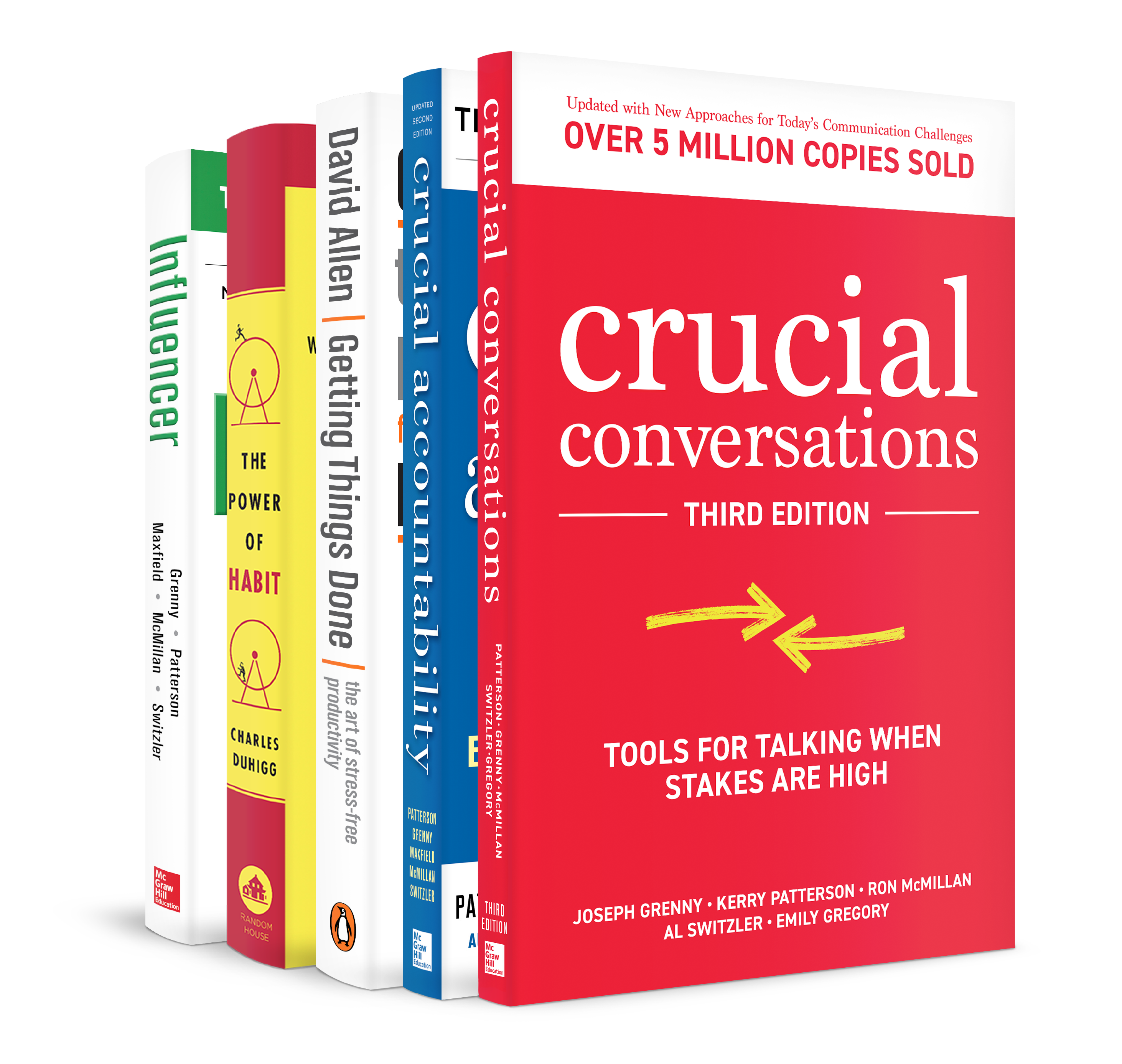One of the key takeaways from the book is the importance of staying in dialogue when communicating with others. This means avoiding the urge to defend yourself, attack the other person, or withdraw from the conversation. Instead, the authors encourage readers to stay focused on the topic at hand, listen actively to the other person, and express their own thoughts and feelings in a clear and respectful manner.
Another important tip from the book is the need to start with a shared pool of meaning. This means taking the time to understand the other person's perspective and finding a common ground before diving into a difficult conversation. By starting with a shared understanding of the situation, both parties are more likely to feel heard and understood.
The book also stresses the importance of staying aware of your own emotions and how they may be affecting the conversation. The authors recommend taking a "moment of pause" to check in with yourself and gain a better understanding of your own feelings before responding to the other person. This allows you to respond thoughtfully, rather than reacting emotionally.
In addition to these tips, the book also provides specific tools for handling high-stakes conversations, such as the "Critical State Model" and the "CRIB" model. These tools are designed to help you navigate even the most challenging conversations with more confidence and less stress.
Overall, "Crucial Conversations" is an incredibly valuable resource for anyone looking to improve their communication skills. By following the principles and techniques outlined in the book, you'll be better equipped to handle difficult conversations, express yourself more effectively, and build stronger relationships with the people in your life."
It is worth mentioning that there are many other books out there that can be also considered a great source of tips for communication, but "Crucial Conversations" is indeed one of the most popular and well-regarded books in the field.
